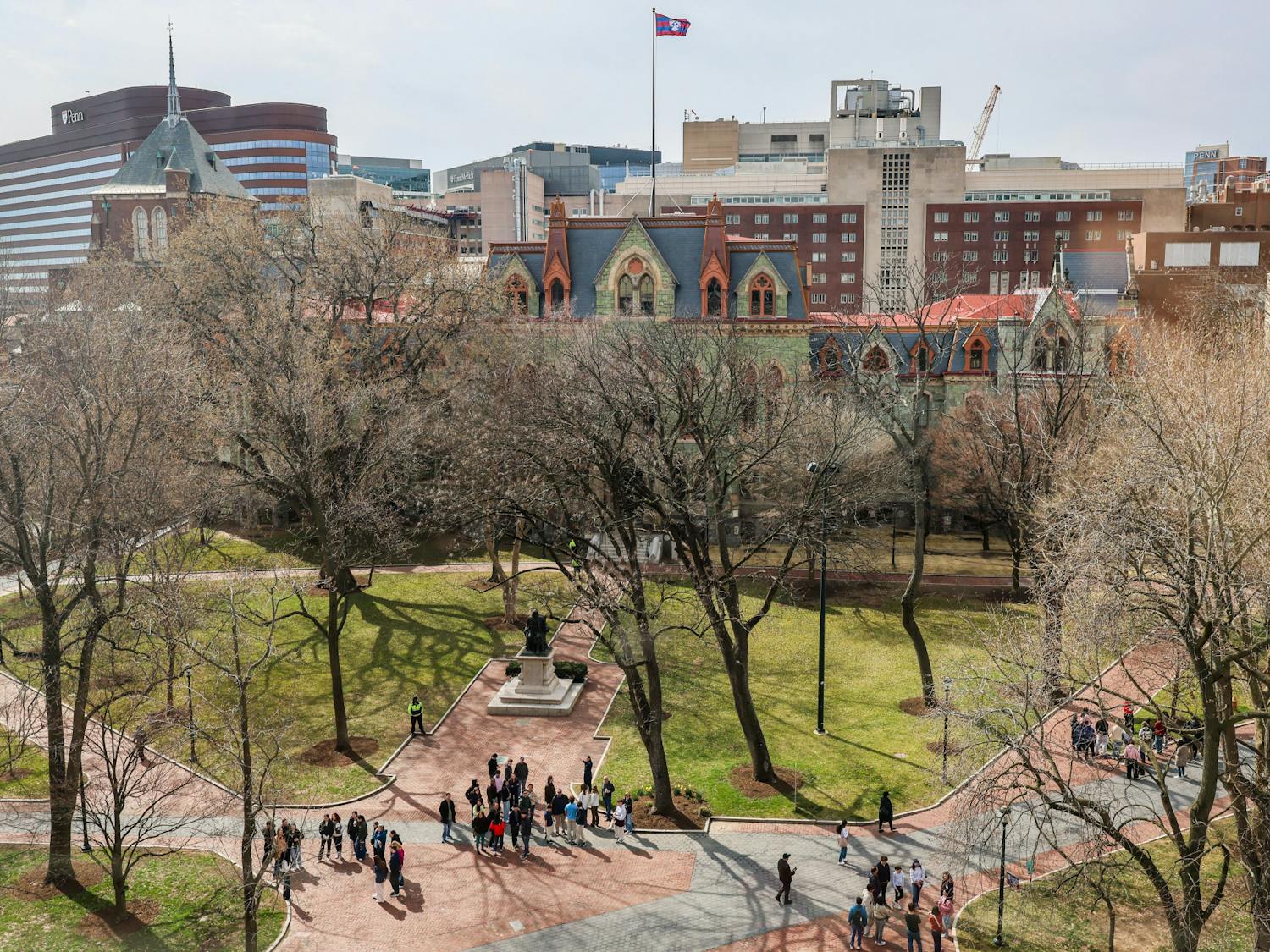Pennsylvania’s liquor industry may not be controlled by the state for much longer.
Within the next few days, Gov. Tom Corbett is expected to roll out an aggressive new plan to privatize Pennsylvania’s state-run wine and spirits stores.
Although administration officials have remained tight-lipped on the specifics of the plan, Corbett spokesperson Eric Shirk said that the governor believes privatization would produce “major economic advantages” for both consumers and the state.
“There’s a philosophical belief that the state shouldn’t be in the liquor business,” Shirk said. “A private system works in 48 other states, and there’s no reason that it can’t work in Pennsylvania.”
Supporters of liquor privatization also see added convenience for consumers as an advantage of bringing the system out of state hands.
Charlie Gerow, a spokesperson for the newly formed grassroots Coalition to End the Liquor Monopoly, believes privatizing the industry would make it easier for new liquor stores to open across the state — especially in urban areas like West Philadelphia.
Since the liquor store at 41st and Market streets closed in January 2012, Penn students have had to venture to Center City or farther into West Philadelphia to buy alcohol.
“A campus like Penn’s is a good example of the added convenience of privatization,” Gerow said. “Today, if you want to buy three six-packs and a bottle of wine, you wouldn’t be able to do that in one place in Pennsylvania. We’re trying to change that.”
Related
6/14/12: Zoning Board approves liquor store at 43rd and Chestnut
1/29/12: New bill proposes extending bar hours to 3 a.m.
1/23/12: Brian Goldman | Put an end to ‘Prohiboozetion’
12/11/11: Sunday beer distribution hours extended
While Gerow called the state-run liquor industry “archaic and byzantine,” this does not mark the first time that a governor or legislator has pushed for privatization.
Former Republican Gov. Tom Ridge, who served in the 1990s, was the last Pennsylvania chief executive who tried — and failed — to pass a privatization bill.
More recently, House Majority Leader Mike Turzai (R-Allegheny) has led efforts to privatize the industry. He decided in June 2012 to squash a privatization bill, after it became apparent that the measure did not have enough House support.
“Many have tried and failed at privatization,” said Wendell Young, president of the United Food and Commercial Workers Local 1776, which represents about 3,000 state store employees. “There’s been this perception that today’s system is inefficient, that it isn’t profitable, but whenever the legislature starts holding hearings and facts start getting introduced, those things aren’t true about the system.”
This time around, though, some believe that Corbett’s privatization efforts have more momentum than in the past.
“There’s broad-based bipartisan support for the measure,” said Jay Ostrich, director of public affairs for the Commonwealth Foundation, a free-market think tank based in Harrisburg. “People want government out of the liquor business, because it’s a lose business. It’s a loss of economic freedom, it’s a loss of personal freedom.”
There may, however, be persuasive public health arguments in support of keeping the state’s liquor industry in its current form.
Nursing professor Karen Glanz, who heads Penn’s Center for Health Behavior Research, said there has been strong evidence that privatization can lead to increased alcohol consumption and more alcohol-related harm.
“That could certainly be something that could be expected in the event of privatization in Pennsylvania,” said Glanz, who also serves on the Community Preventive Services Task Force, which has conducted research on the issue.
Opponents of liquor privatization have used these public health concerns to bolster their claims that the industry should remain in state hands.
“From our point of view, particularly at a time when the state has a real challenge with raising sufficient revenues, privatization shouldn’t be high on our priority list,” said Stephen Herzenberg, executive director of the Keystone Research Center, another Harrisburg think tank.
Moving forward, though, public opinion may not be on the side of those against privatization.
According to a Philadelphia Inquirer poll released in November, Pennsylvania voters favor privatization of the state’s liquor and wine sales by a ratio of nearly 2-1.
“We have the most convoluted and complex way of dealing with liquor sales in this state,” Gerow said. “Many Pennsylvanians realize that, and we’re going to make our voices heard.”
Related
6/14/12: Zoning Board approves liquor store at 43rd and Chestnut
1/29/12: New bill proposes extending bar hours to 3 a.m.
1/23/12: Brian Goldman | Put an end to ‘Prohiboozetion’
12/11/11: Sunday beer distribution hours extended








